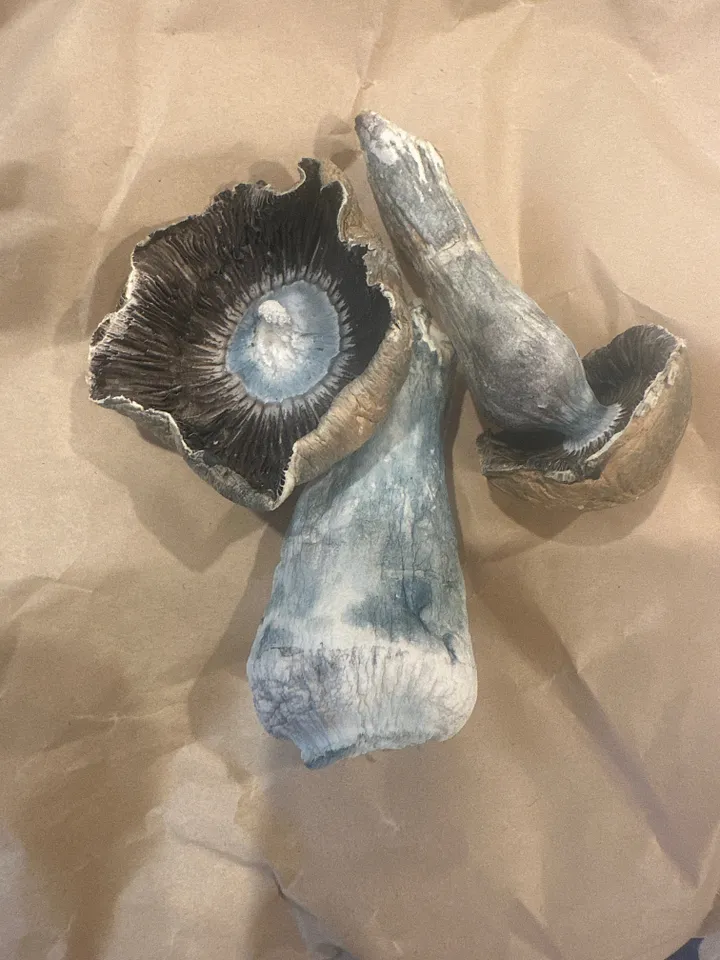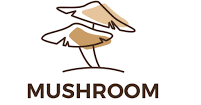
Many people are wary of mushrooms — of all mushrooms, but particularly the psilocybin-containing so-called magic mushrooms. You’ve likely seen the meme featuring different mushrooms, showing how one can be nutritious and tasty, one can be lethal, and one can give you a life-altering perspective of reality. Fungi are no joke. Mushrooms, the fruiting body of the fungus, are decomposed and have evolved in a symbiotic relationship with humans and plants alike. Want to read more about the evolution and role of fungi? I recommend reading Merlin Sheldrake’s book Entangled Life.
Psilocybin-containing mushrooms, long relegated as “hippy drugs” and stigmatized as “shrooms” that make you “hallucinate,” have been seeing a systematic resurgence in both mainstream and underground culture. Scientific studies and mainstream journalism on the efficacy of psilocybin-containing mushrooms as a breakthrough therapy that treats treatment-resistant depression, in addition to end-of-life anxiety and a multitude of other conditions, have helped to usher in this new age of a psychedelic renaissance.
Many advocates of psilocybin mushroom therapy are quick to remind us of the importance of set and setting and advise people to work with a guide. The increasing availability of psilocybin-containing mushrooms (along with grow kits and growing guides) in the grey market and the and their increasingly positive view in the public eye reveals how strongly this mycelial network has taken hold. Both legal and decriminalization frameworks are being rolled out; and so, with increasing availability, there is also a growing call to the public and any interested consumer to do your own research (DYOR) and approach this medicine and its sourcing with respect, reverence, and intentionality.
One area of concern for many people is how psilocybin-containing mushrooms may interact with medications, particularly psychiatric medications. Interactions can vary depending on the specific drugs, and there may be some interference, particularly with SSRIs, as both psilocybin and SSRIs operate on serotonin receptors.
I recently came across a comprehensive guide to working with psilocybin, which contains valuable videos and addresses interactions with SSRIs, including the rare but documented risk of serotonin syndrome. You can find this guide at the following link: Psilocybin Assisted Therapy Guide, created by Psychedelic Support.
In many cases, people who take SSRIs have reported that they gradually taper their SSRI use and then begin working with mushrooms. Sometimes, a stronger dose of mushrooms may be necessary when taking, SSRIs, as these pharmaceutical medications can dampen the effects of the mushroom medicine.
Again, it is advisable to DYOR and explore published research on drug interactions as well as community forums such as Reddit threads on psilocybin and potential interactions with your specific medication.
In general, psilocybin is considered one of the least toxic substances on Earth. It is non-addictive and even anti-addictive, as tolerance develops with frequent use. This is why protocols like the Stamets Stack and the Fadiman protocol have been established for microdosing. Macro doses offer a more profound and transformative experience, but it’s recommended to work with a guide for proper preparation and support for a stronger macro dose journey.
Microdosing works much more subtly, so this approach works well for people who are new to working with this medicine, who are unable to work with a guide, and who are seeking an approach that can help them find ongoing support to be more grounded and live a more embodied, connected, and focused life.
Psilocybin is known as a non-specific amplifier, which means it can bring up negative emotions and memories while helping you release these negative energies. People often report feeling lighter and freer for years after a strong psilocybin journey.
For additional information on microdosing, websites like The Third Wave, Double Blind Magazine, and The Microdosing Institute offer substantial resources and support.
Whatever your stance on pharmaceutical vs natural approaches to health, I have previously made the case for a complementary approach. Ultimately, it is your prerogative to choose the path and the tools that work best for you; and you may always adjust your toolbox and approach as warranted.
I have also written previously about how working with psychedelics, particularly with psilocybin-containing mushrooms, can help support and accelerate the efficacy of the work you do in a traditional talk therapy practice.
Please also see these links to a research review on The Therapeutic Potential of Psilocybin and a systematic review of the clinical evidence on psilocybin for the treatment of psychiatric disorders. Psilocybin mushrooms are not physiologically addictive and indeed help people overcome addictions and limiting beliefs.
Disclaimer; this information is not medical advice and not to be construed as such. All information given is for informational and educational purposes only.
Best regards,
Olivia
HealingLivMama

